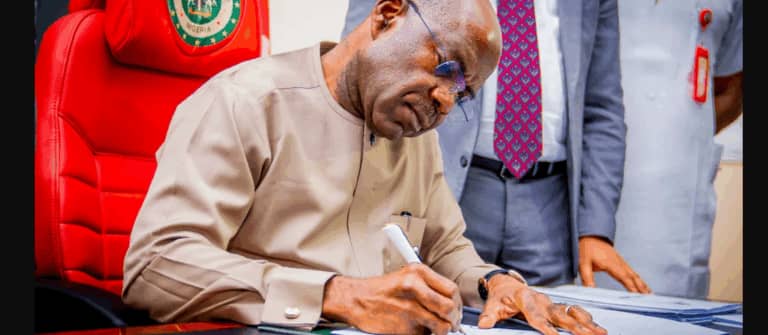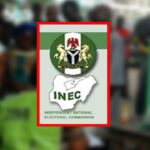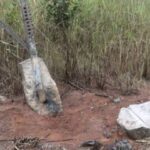Abia Expands Isolation Facilities, Strengthens Healthcare, Education Systems

The Abia State Government has unveiled plans to expand its healthcare infrastructure with the creation of two additional isolation centres, reinforcing its strategy for epidemic preparedness and disease control.
Speaking after the State Executive Council meeting in Umuahia, Commissioner for Information Prince Okey Kanu said the facilities will be located at the Infectious Disease Hospital, Aba, and the Uzuakoli Leprosy Centre.
He noted that the Amachara Specialist Hospital and Diagnostic Centre would remain the state’s primary isolation hub, while stressing that there are currently no active cases of public health concern in Abia.
“The reason for this update is to give us a sense of what the state government is doing in the health sector. The enrolment figures for the Abia State Formal Insurance and Health Scheme continue to grow and have surpassed all target expectations,” Kanu explained.
The commissioner revealed that the health insurance scheme, which had set a target of 1,000 enrollees for 2025, has already registered more than 107,000 participants as of mid-August, describing it as a “resounding success.”
Beyond isolation capacity, the state is also expanding primary healthcare coverage.
According to Kanu, 140 primary health centres have been completed under the Project Ekwueme Programme, with 33 of them undergoing final equipping and set to open this week.
Once operational, Abia will have 50 functional PHCs, with another 50 expected to be ready by September’s end.
Two cottage hospitals in Abayi and Umuihe communities are also scheduled for commissioning, while secondary facilities such as Abayi General Hospital and the SDG Multi-Purpose Hospital at Ugwunagbo are already providing care.
Reconstruction works in several general hospitals are also expected to wrap up by November.
Kanu underscored that these investments highlight the administration’s priority on “delivering accessible and affordable healthcare to Abians.”
On education, he disclosed that the Ministry of Basic Education is simultaneously driving reforms, including renovation of public schools, teacher training, and security improvements.
Recently, 63 schools were inspected as part of ongoing renovation projects involving roofing, painting, and blockwork.
The commissioner said that newly recruited teachers completed intensive training under the Abia First initiative, covering classroom management and modern teaching techniques.
In addition, 340 schools across the state—20 per local government—have been selected for urgent renovations, while fencing and security recruitment efforts are ongoing to safeguard learning environments.
He further revealed that a meeting with education stakeholders, including WAEC, NECO, NUT, ANCOPS, and PTA, reached a resolution to restrict graduation ceremonies in public schools to Primary 6 and SS3 students.
The briefing was also attended by the Commissioner for Health, Prof. Enoch Uche; Commissioner for Basic and Secondary Education, Mr. Goodluck Ubochi; and Special Adviser to the Governor on Media and Publicity, Mr. Ferdinand Ekeoma.
Governor Alex Otti’s administration has consistently emphasized healthcare reform as a cornerstone of its governance agenda, pushing projects such as Project Ekwueme and expanded health insurance coverage, while also aligning education policies to strengthen Abia’s human capital development.
Punch









